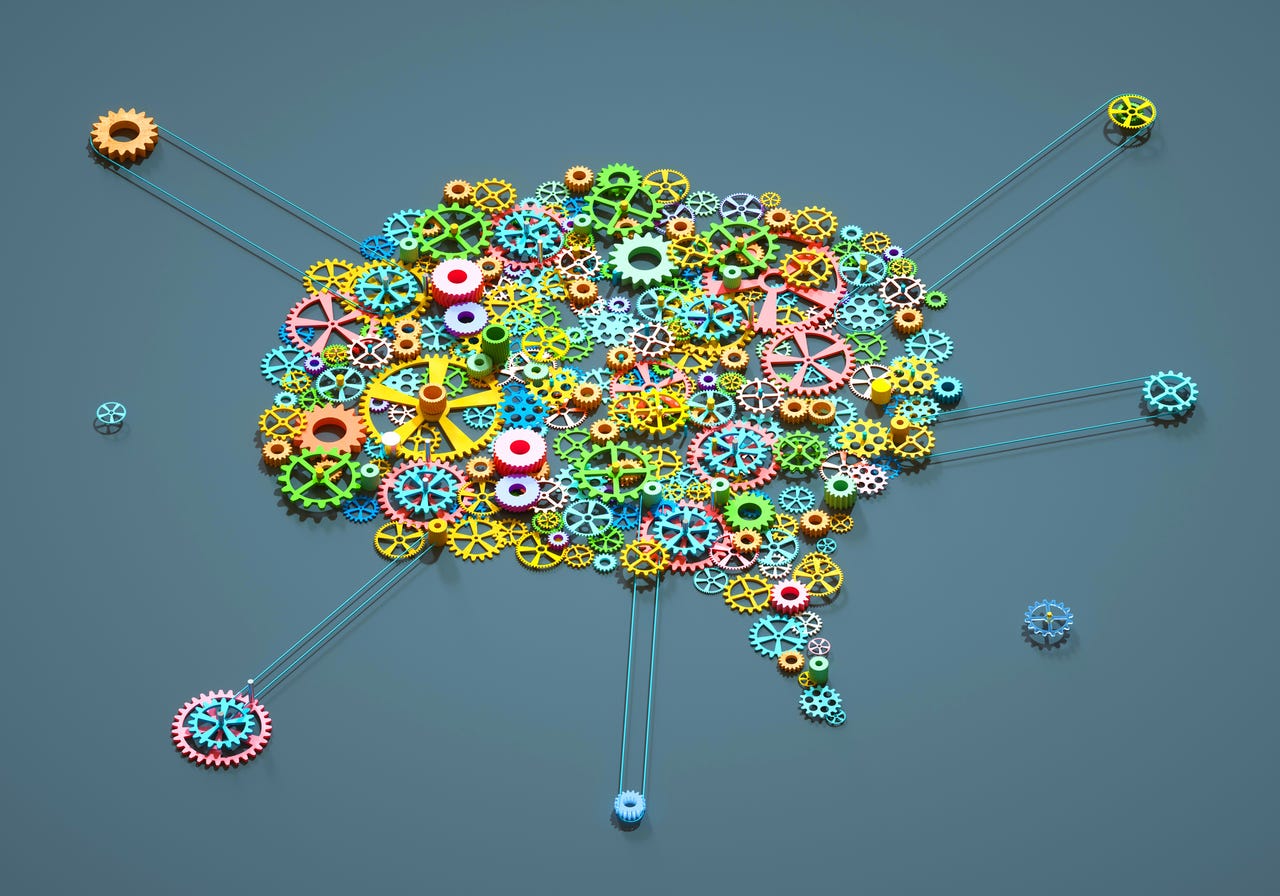































 Andriy Onufriyenko/Getty Images
Andriy Onufriyenko/Getty Images Singapore and the US have synced up their respective artificial intelligence (AI) frameworks to ease compliance and will continue to work together to drive "safe, trustworthy, and responsible" AI innovation.
Singapore's Infocomm Media Development Authority (IMDA) and the US National Institute of Standards and Technology (NIST) completed the joint mapping exercise between IMDA's AI Verify and NIST's AI RMF. The alignment aims to harmonize international AI governance frameworks and reduce the cost of meeting multiple requirements.
Also: Implementing AI into software engineering? Here's everything you need to know
Singapore's AI Verify is a testing framework and toolkit designed to help organizations demonstrate their deployment of responsible AI through standardized tests. AI RMF is a resource for companies to help them mitigate risks of using and deploying AI systems, and to ensure the responsible development and adoption of AI.
A crosswalk has been published, mapping the two AI governance frameworks.
"[It] will provide companies with greater clarity to meet the requirements within both frameworks, reduce compliance costs, and foster a more conducive environment for AI deployment and innovation," said Singapore's Ministry of Foreign Affairs in a statement Friday.
Also: Five ways to use AI responsibly
Plans are also in place to establish a bilateral AI governance group to "advance shared principles" and exchange information on "safe, trustworthy, and responsible" AI innovation, the ministry said.
The ministry said the two countries will consult on the development of international AI security, safety, trust, and standards, while attempting to move forward with "responsible innovation". Their collaboration will also encompass research between the US National Science Foundation and AI Singapore, with the focus on AI safety and security, as well as enhancing workforce development initiatives.
The bilateral efforts were announced at the inaugural US-Singapore Critical and Emerging Technology Dialog held in Washington this week, where talks went beyond AI and included other key areas, including digital economy and data governance, critical infrastructure and technology supply chains, and quantum technology.
Among the initiatives that emerged from the dialog are plans to develop a bilateral roadmap for digital economic cooperation, which will carve out common principles on issues such as data governance, digital standards, and consumer protection. The US Department of Treasury and the Monetary Authority of Singapore also will explore ways to strengthen bilateral cooperation on digital payments.
Also: 4 ways to increase the usability of AI, according to industry experts
In addition, the US Department of Defense's Defense Innovation Unit and Singapore's Ministry of Defence (MINDEF) will look to formalize a partnership to drive the use of commercial and dual-use technologies, such as AI, to solve operational challenges for their militaries.
Plans also are in the works for further information exchange on post-quantum cryptography migration between the NIST and US Department of Homeland Security, alongside Singapore's National Quantum Office and Ministry of Communications and Information.
"As the US and Singapore continue to lead in the technologies of the future, we will advance close consultations on our respective measures to build a robust innovation ecosystem, [that] ensure emerging technologies work for -- and not against -- our shared security and prosperity," said Singapore's Ministry of Foreign Affairs.
 Tags chauds:
Intelligence artificielle
Innovation et Innovation
Tags chauds:
Intelligence artificielle
Innovation et Innovation